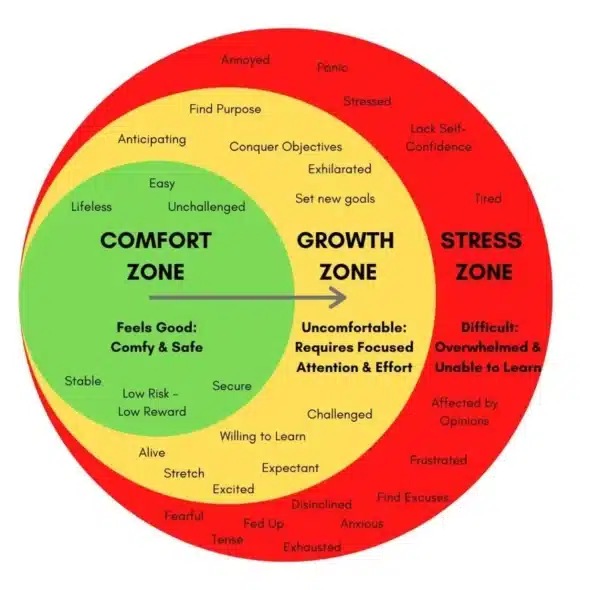It can be overwhelming to pick a conference, especially if you’re new to the industry! Today we’re going to try and break down some questions you should ask yourself, look at how to evaluate your options, and push you out into the great unknown.
Learning objectives
This bit takes some introspection. Do you prefer soft skills or technical skills? How do you absorb information best, is it from in person lectures or asynchronous learning? Do you prefer taking notes or absorbing it in the moment? What skills do you need on your current project, or are you looking to broaden your horizons in other directions? What kind of company do you work for? Is it a consultancy or a product shop that has a predetermined skill set?
These are all questions I wanted to think about when I picked my first big conference. I know that I prefer in person lectures, and I most readily absorb information about soft skills. I know that I learn best when I can take notes. The company I work for is a consultancy (this may be a surprise to you, dear reader) and the demand on my skill set can rapidly shift.
This can be a contrast for others. You might be someone who prefers to re-watch recordings instead of taking notes in the moment. Fortunately most conferences will post recordings after the fact. Otherwise you might want to bring your laptop so you can code along with the presenter at a technical presentation. Do you prefer to disconnect from distractions? Try pen and paper, so you don’t get side tracked by Slack messages and emails that are begging for your attention. You might get bogged down in the routine of your job, and find yourself reaching for a new tech stack to keep you feeling refreshed and re-energized.
You also might not be able to find a conference that fits the bill for every restraint that you have. It’s helpful to prioritize your responses to these questions, so you can figure out what you can do without.
Cost, Distance, and Energy
A conference isn’t just learning, it’s also traveling, getting budget approval, and time management. Maybe you find travel to be something that leaves you feeling recharged, and maybe you find yourself facing burnout. If these things fall heavy on your shoulders, consider planning recovery time and practices into your schedule.
It can be important to utilize pockets of alone time to recharge, or plan them in advance. This can be as simple as a five minute walk around the building, some deep breaths. It can also be as extensive as taking the full evening to yourself to get some carryout for dinner and finding a scenic view, or even traveling to the conference alone. Maybe a routine isn’t helpful for your stress level, instead you can try to set a goal in the form of a vision. If your goal for recharging is the image of yourself reading a new book on the way home, you can use any pocket of time available to stop at a local bookstore without holding yourself to a schedule.
Try to also have fun when the opportunities present themselves. When I was at a recent conference, the coordinators had arranged a scavenger hunt. Each of the vendor booths had a secret letter, and when the scavenger hunt card was filled in it was eligible for entry in a raffle. If that sounds like a lot of people-work for you, I understand completely. For me, it was a welcome excuse to go and talk to the vendors without ulterior motives. I refused to interrupt business discussions, but whenever I could I would ask them for their secrets and make small talk about the conference, the weather, the city. It was nice to have something low-stakes to get me out of my head, and I got to meet a lot of cool folks! While I didn’t win the scavenger hunt (That wasn’t my objective), I did collect four pairs of promotional socks, and I won a competition to solve a Rubik’s Cube for a prize.
My First Major Conference
All of these steps led me to my first major conference. LeadDev 2024 in New York City, a leadership conference whose attendees likely had an average tenure greater than my current age (and I’m no spring chicken). I was out of my comfort zone, but I wasn’t so far out as to panic yet. I was engaged with the material, and I learned a lot from the senior developers in the community. There were times when I took breaks, sitting in the hotel room or walking around the block. I found it to be an incredibly rewarding experience.

Moving out of your comfort zone.
It takes a lot of work to pick a Professional Development opportunity for yourself, especially if you’re feeling overwhelmed with the options in front of you. I hope that you’ve found a starting place in all this to start unraveling some of the options, and that they take you into new adventures!
Read these previous Spin posts about conferences:
Atomic Con: The Value of Hosting an Internal Conference
Maximize Your Experience at Developer Conferences
How I Get The Most Out of a Software Conference
How to Attend a Conference (and Make It Worth Your Time) – Part 1 and Part 2

